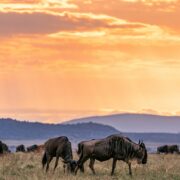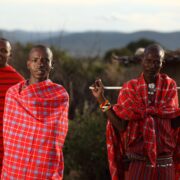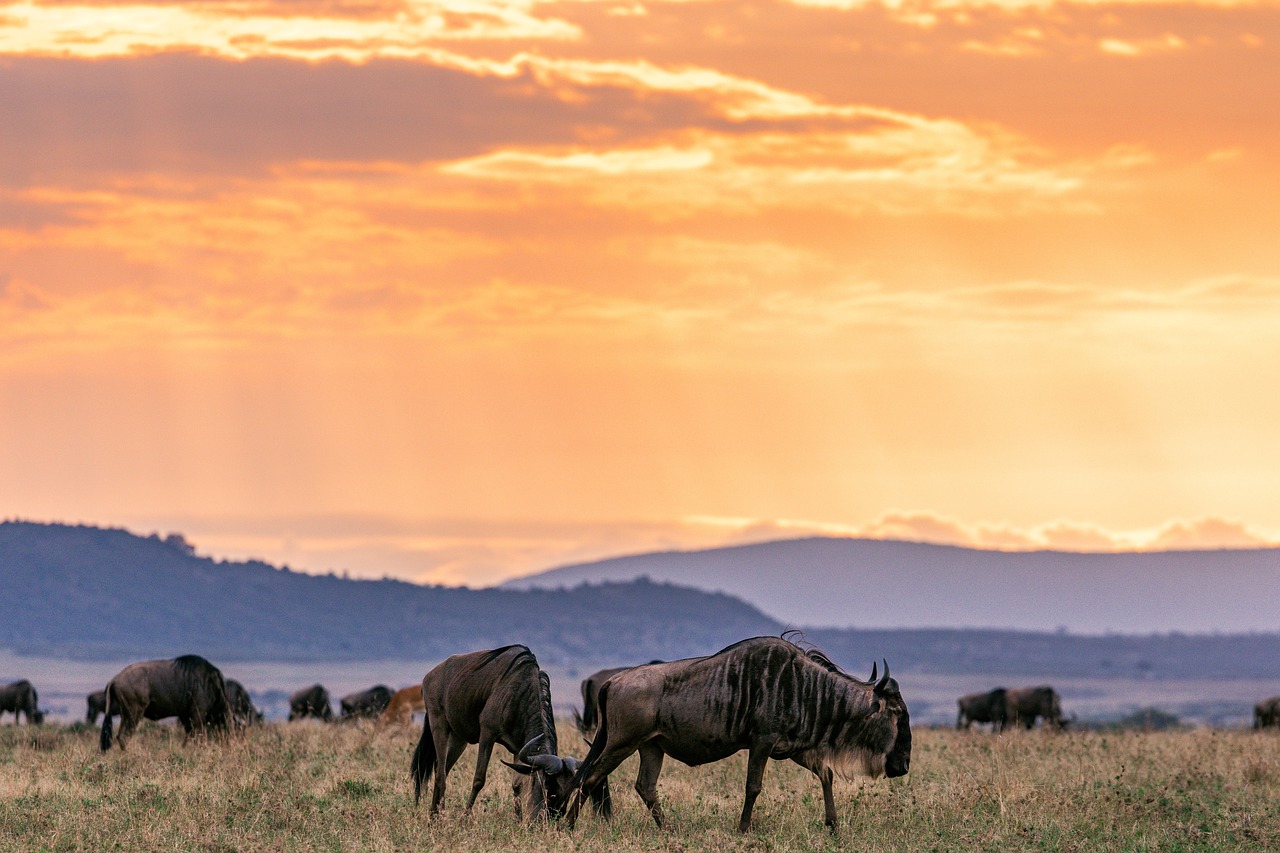
Best travel advice to travel in Tanzania in 2025
If you’re planning to experience the wild landscapes and vibrant cultures of Tanzania in 2025, you’ve come to the right place! Tanzania is a land filled with adventure, from the sweeping plains of the Serengeti to the crystalline beaches of Zanzibar and the iconic Mount Kilimanjaro. Here, we’ll dive into the best travel advice to ensure your Tanzanian journey is safe, enjoyable, and memorable.
1. Best Time to Visit Tanzania
Tanzania’s peak travel seasons depend on your interests:
- January to March: The calving season in the Serengeti, where you’ll see many newborn animals and potential predator action.
- June to October: The dry season is the best time for safaris and the great migration. It’s also the prime time to climb Kilimanjaro.
- November to December: A fantastic period for those looking for fewer crowds and unique scenery, as the light rains transform the landscape.
Pro Tip: Book your tours early, especially for popular months, to ensure availability and the best rates.
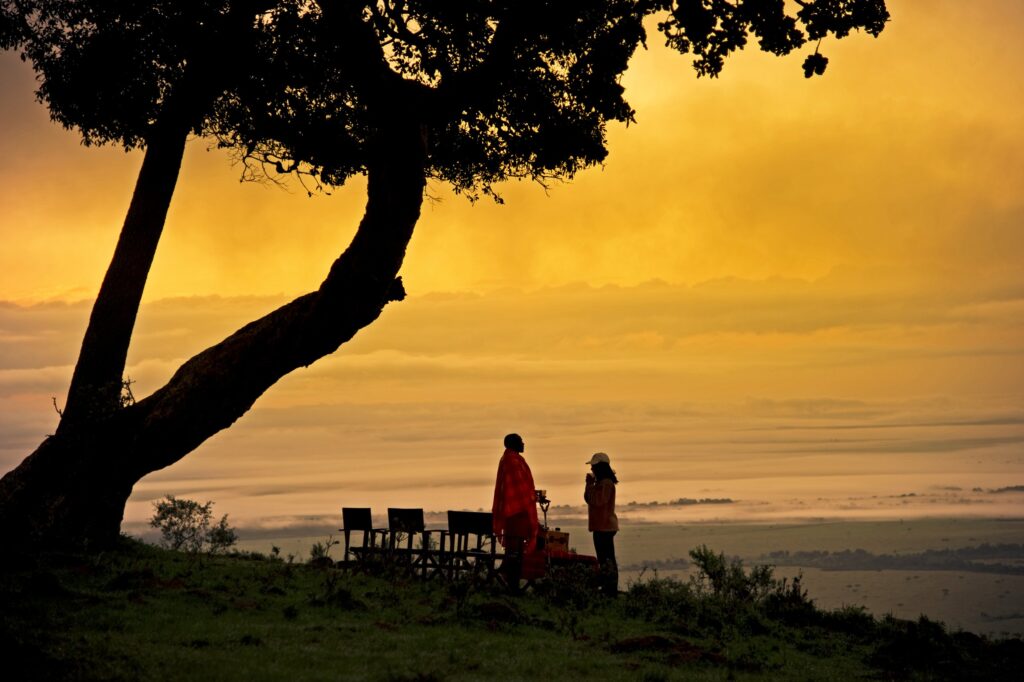

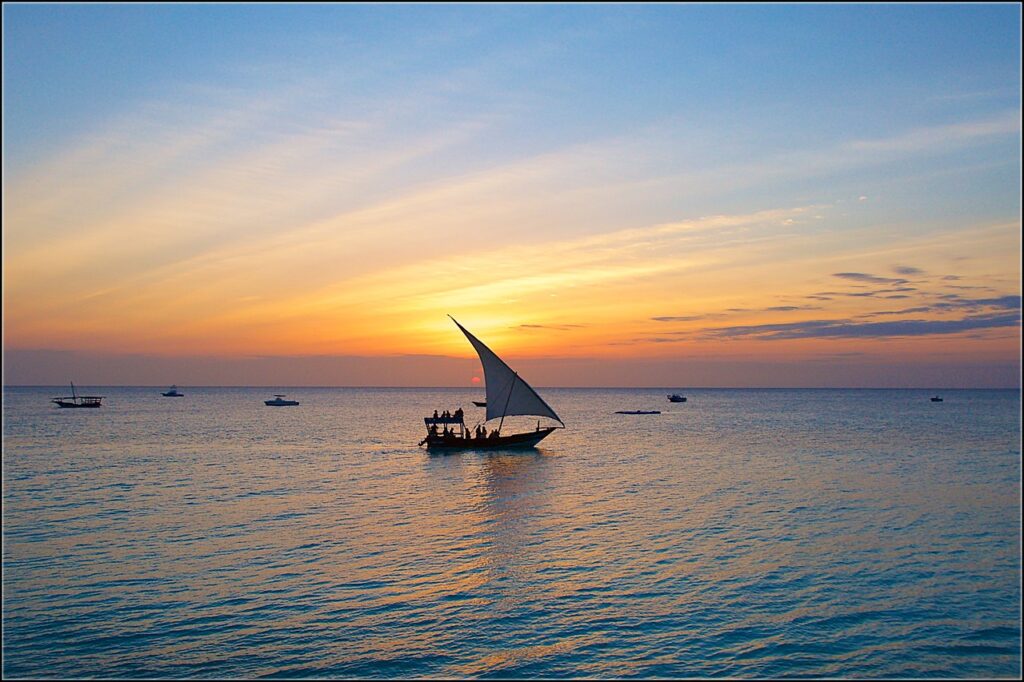
2. Top Destinations in Tanzania
- Serengeti National Park: Known globally for the annual Great Migration, a phenomenon where millions of wildebeest and zebras traverse the plains. Bring quality binoculars and a camera with a good zoom lens.
- Ngorongoro Crater: A UNESCO World Heritage Site and a must-visit for incredible game-viewing experiences within a lush, enclosed volcanic caldera.
- Mount Kilimanjaro: The tallest mountain in Africa, offering routes for various skill levels. Make sure you’re prepared with proper acclimatization strategies to handle the altitude.
- Zanzibar: For a mix of cultural heritage and island relaxation, head to Stone Town and the pristine beaches of Nungwi or Paje.
- Tarangire and Lake Manyara: Lesser-known parks that offer unique landscapes and great game viewing, especially for elephants and flamingos.
3. Visa and Entry Requirements
As of 2025, the Tanzanian government has streamlined the visa process for many international visitors:
- Visa on Arrival: Available for many nationalities at airports and border crossings. However, e-visas are recommended for faster processing.
- Yellow Fever Vaccination: Required if you’re traveling from a yellow fever-prone country.
- COVID-19 and Health Protocols: Stay updated on health advisories. While requirements may change, carrying proof of vaccinations and health insurance is wise.
For up-to-date information on visas, visit the Tanzania Immigration Department’s website.
4. Currency and Payment
- Tanzanian Shilling (TZS): The local currency, used for most transactions. Major cities accept credit cards in hotels and restaurants, but it’s always good to carry cash, especially in rural areas.
- USD: Widely accepted, especially in the tourism industry, but make sure bills are from 2009 or later, as older ones may not be accepted.
Pro Tip: Carry smaller denominations for tips and small purchases.
5. Cultural Etiquette and Language
- Greetings: Tanzanians value greetings, so take a moment to say “Jambo!” (Hello) or “Habari?” (How are you?).
- Dress Modestly: Particularly in Zanzibar and other coastal areas with strong Islamic influence.
- Learn Key Phrases in Swahili: Basic phrases like “Asante” (Thank you) and “Pole pole” (Slowly, slowly) go a long way in building rapport with locals.
6. Health and Safety Tips
- Malaria Prevention: Malaria is present in certain areas, so bring insect repellent and consider antimalarial medication.
- Vaccinations: Be updated with vaccinations like Hepatitis A and B, Typhoid, and possibly Rabies, depending on your itinerary.
- Stay Hydrated and Use Sun Protection: The African sun can be intense. Always carry water and wear a hat and sunscreen.
For health guidance, refer to CDC Tanzania Traveler’s Health.
7. Transportation and Getting Around
- Domestic Flights: Efficient for traveling between major destinations, particularly for saving time.
- Safari Vehicles: Most tours provide 4×4 vehicles necessary for navigating rough safari terrains.
- Public Transport: Dala-dalas (shared minibuses) and bodabodas (motorcycle taxis) are common and affordable, but may not meet the safety standards tourists are used to.
Travel Tip: Avoid traveling at night, and if you’re renting a car, ensure you have an international driving permit and familiarity with left-side driving.
8. Responsible Tourism
- Support Local Businesses: Opt for local guides, lodges, and restaurants to contribute to the community’s economy.
- Wildlife Conservation: Tanzania is home to many endangered species, so ensure that any safari or wildlife tour you join supports ethical practices.
- Plastic Ban: Tanzania has banned single-use plastics, so bring reusable bags and bottles to reduce waste.
9. Packing Essentials for Tanzania
- Safari Gear: Neutral-colored clothing, sturdy hiking boots, and a hat.
- Beachwear: For Zanzibar, bring swimwear and casual, modest clothing for walking around.
- Tech and Accessories: Binoculars, a good-quality camera, power banks, and adapters (Tanzania uses type D and G plugs).
- Travel Insurance: Vital for any emergency, especially if you’re engaging in activities like mountain climbing.
10. Local Experiences to Add to Your Itinerary
- Maasai Village Visit: Experience Tanzanian culture firsthand by visiting a Maasai village.
- Spice Tour in Zanzibar: Learn about the island’s historical spice trade and taste fresh spices.
- Kilimanjaro Coffee Tour: Tanzania is a major coffee producer; a tour will show you the process from bean to cup.
Recent Posts
The Perfect Time for a Safari in Tanzania
Best travel advice to travel in Tanzania in 2025
Discovering Tanzania’s Rich Cultural Heritage (2025 Guide)
All Categories



